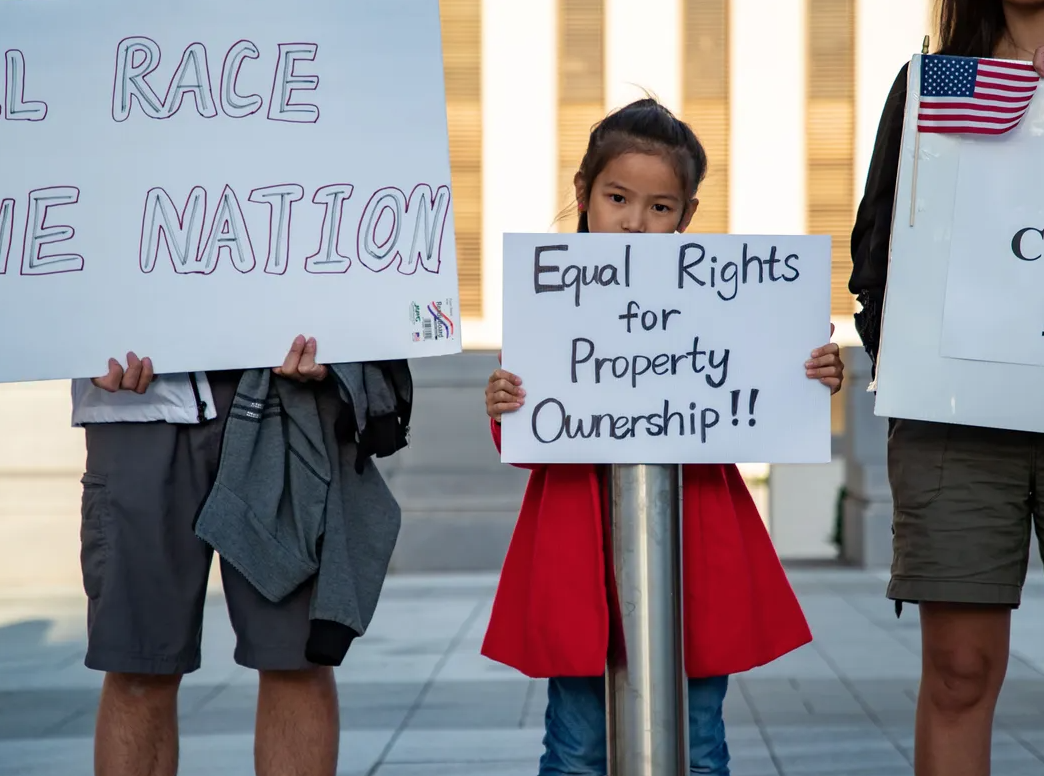May 12, 2023

The latest rightwing “fad fear” in the United States is that hostile countries are scheming to buy up agricultural land, presumably to be able to starve Americans by not producing food.
This has extended so far that South Carolina’s State Senate has now passed legislation that would even stop an Iranian who holds a green card from buying a home in South Carolina.
The fad fear is not aimed at Iranians, but rather at Chinese. However, the legislation introduced in two dozen states often covers Iranians, Cubans, Russians and North Koreans as well as Chinese.
Some of the bills would only target land purchases by government agencies of those countries, while others like that in South Carolina would also cover land purchases even a private home by nationals of those countries.
Similar legislation has been introduced in at least 27 states and in the US Congress. The national legislation is not expected to go anywhere, but state legislation is likely in some states.
The Washington Post ridiculed the fad fear by noting that Chinese entities currently own only 0.03 percent of all the private land in the United States. Citizens of Luxembourg own more as do citizens of at least 14 other countries.
It quoted Dennis Wilder, a former CIA analyst, who said, “I just can’t get excited over this subject. They’re going to control our food supply?… We’re not talking about that capability.” What is rarely noted is that China is the largest buyer of American agricultural products a fact that then-President Donald Trump used to boast about.”
South Carolina’s State Senate was the first to act on draft legislation and it would cover even home sales to Iranians without US citizenship. The South Carolina bill was approved March 23 on a vote of 31-5, with only a handful of Democrats voting nay.
The legislation was sponsored and shepherded through the State Senate by Senate Majority Leader Shane Massey, a Republican, who said, “We’re trying to protect South Carolina from too much interest” from countries hostile to the United States.
This latest fad fear recalled fad fears of past years, such as those aimed at banning hejab because head coverings might be used by criminals to obscure their faces and another campaign to ban construction of mosques. There was even a fad fear in 1980s when it was discovered that Germans were buying up American agricultural land.
The latest fad fear arose in Texas when it was revealed that a Chinese firm had bought 140,000 acres there. The land was near Laughlin Air Force Base, which prompted national security concerns among some citizens, though not by the US Air Force.
The Texas state legislature in now considering four bills on the subject. One of those bills is so broad as to bar Iranian-American dual nationals from buying a home in Texas.
The South Carolina bill was amended to grandfather in any businesses already owned by nationals of the “hostile” countries after Sen. Massey was told his bill would impact the Volvo assembly plant in South Carolina since China’s Geely Holding Group bought the Swedish auto firm in 2018. Democratic Sen. Dick Harpootlian, one of those who voted against the South Carolina bill, ridiculed the legislation by homing in in the exception for firms already foreign-owned, saying sarcastically, “Volvo is a nest of spies, I’m sure. Starwood Hotels—every time you check in, you’re helping the commies. AMC [cinemas] I won’t go see that movie.”
The South Carolina bill specifically applies to purchases by individual citizens of the five countries. Many of the bills in other states do the same, while in some states the ban on purchasing would only apply to governments or corporations of those countries.
North Carolina became the second state to enact a bill, but that legislation would only ban the five governments from buying agricultural land near military bases in the state.
In Florida, a similar bill has been passed with enthusiastic support from Gov. Ron DeSantis, who said the legislation was needed to protect America from foreign threats. The new law will prevent Iranians from buying any property within 10 miles of a military base, seaport or airport in Florida.
In Montana, Gov. Greg Gianforte took action with an executive order, but his decree doesn’t stop individuals from buying homes.
Chinese-American citizen groups have been leading a campaign to kill the proposed legislation in states by condemning the bills as bigoted.
The South Carolina bill still must be passed by the state House of Representatives and be signed by the governor before it will become law.
ullamcorper mattis, pulvinar dapibus leo.























